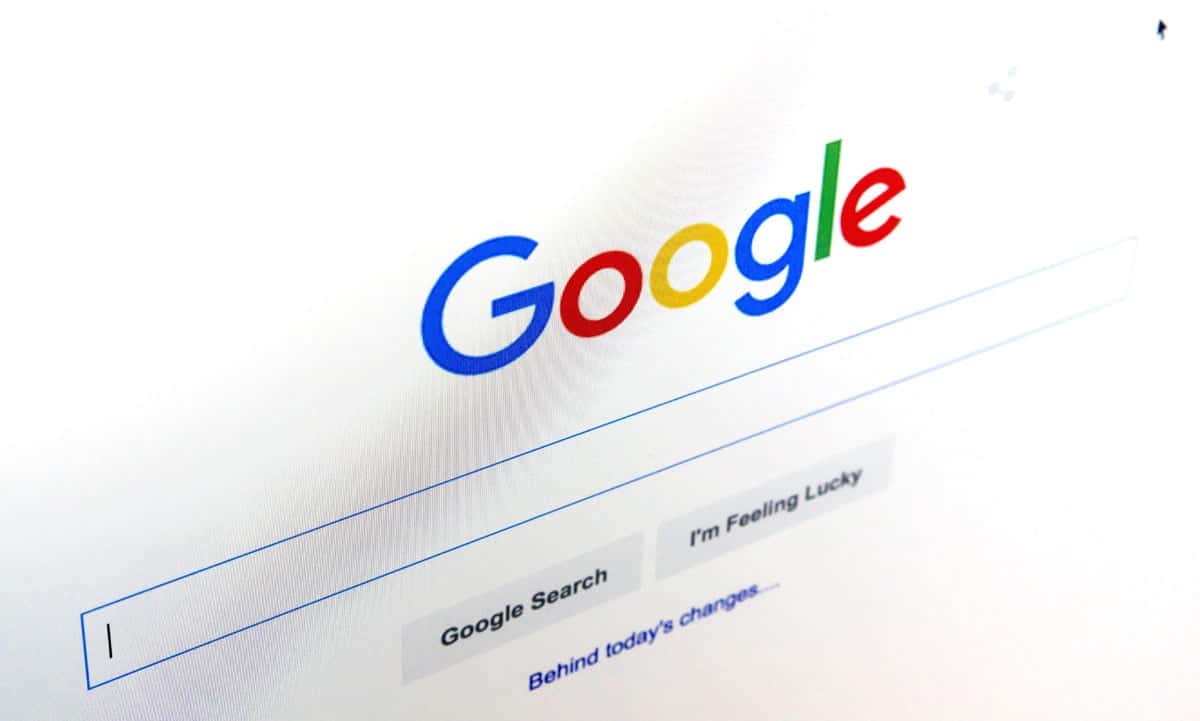Problems in sight for the most famous and used search engine in the world, as the scientific community has launched itself against the American giant accusing it of not being neutral in the propagation of research results and to propose in the results scale only commercial ones, which often do not rhyme with quality results.
Many are the problems that Big G has to face these days, from the report of abuse of dominant position by the European Community, which wants to fine the giant for 6 million dollars, up to this beautiful hot potato, which risks mobilizing users. and therefore to alert all the community operating on the web.
It is not just about theories, but about research that Tim Wu, together with a Harvard professor and the Yelp company he conducted. This is, in detail, a comparative analysis which saw Google favor with its algorithms the results that came only from companies, therefore leaving aside the academic writings and the sites that are a source of truthful information.
Tim Wu is a famous scientist, inventor of the term 'net neutrality', that is, the concept of a network that does not discriminate results based on the payment of certain fees or the writing of articles, but which spreads knowledge free of charge to the population. Scholars have therefore accused Google of not thinking about common welfare, but of only privileging it who pays and who writes with certain characteristics, thus worsening people's knowledge and consequently causing them moral damage.
This fact especially affects 'nearby' searches, i.e. where a place is indicated at the end and where Google gets married thanks to the principle of geolocation. In these cases, research has stated that Google provides results that are pleasing to it in 45% of cases, leaving out more important sites and sources to focus on those that are equipped with geolocation. The result? Second-hand information to users and blocking of getting to the most serious and true readings, as they are relegated to many pages beyond the first, where people are known to stop before visiting a site.


